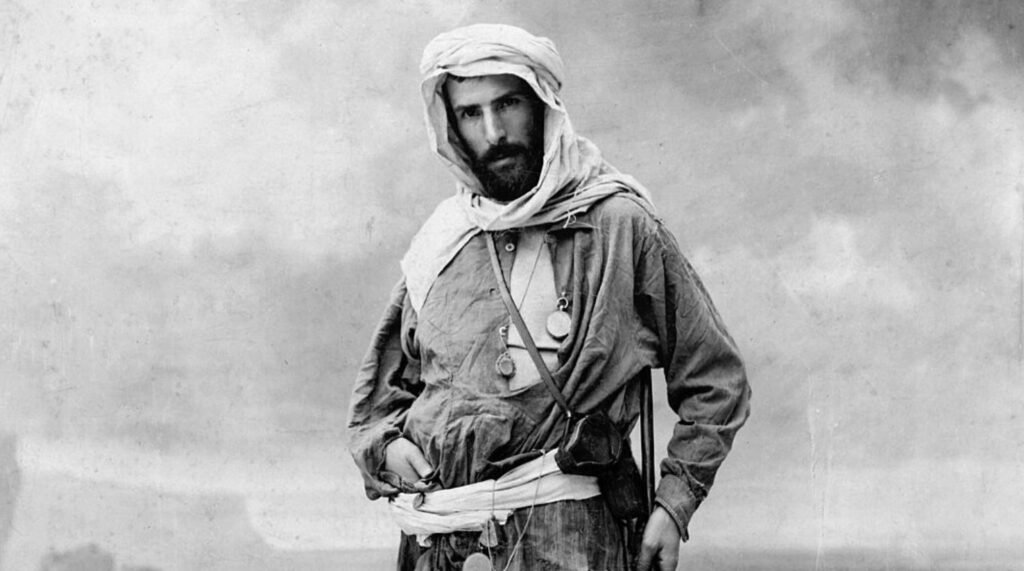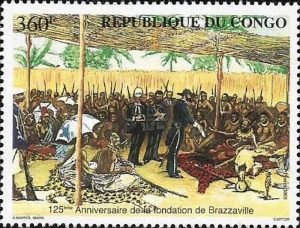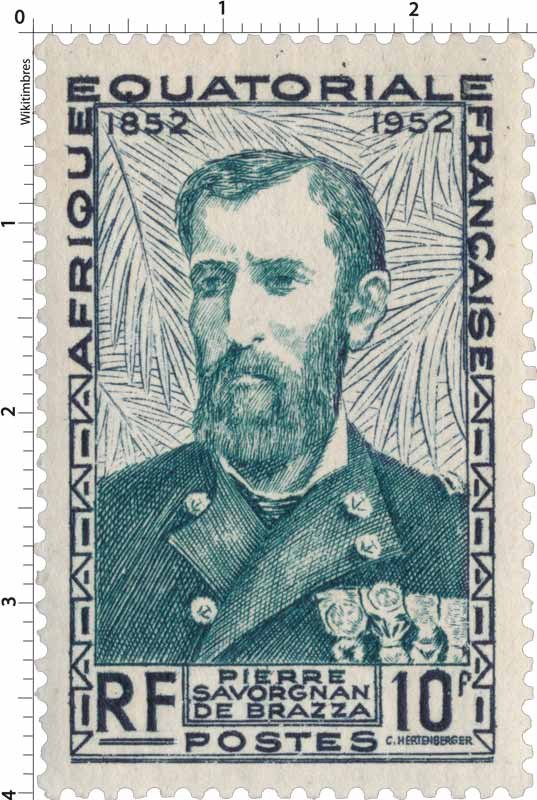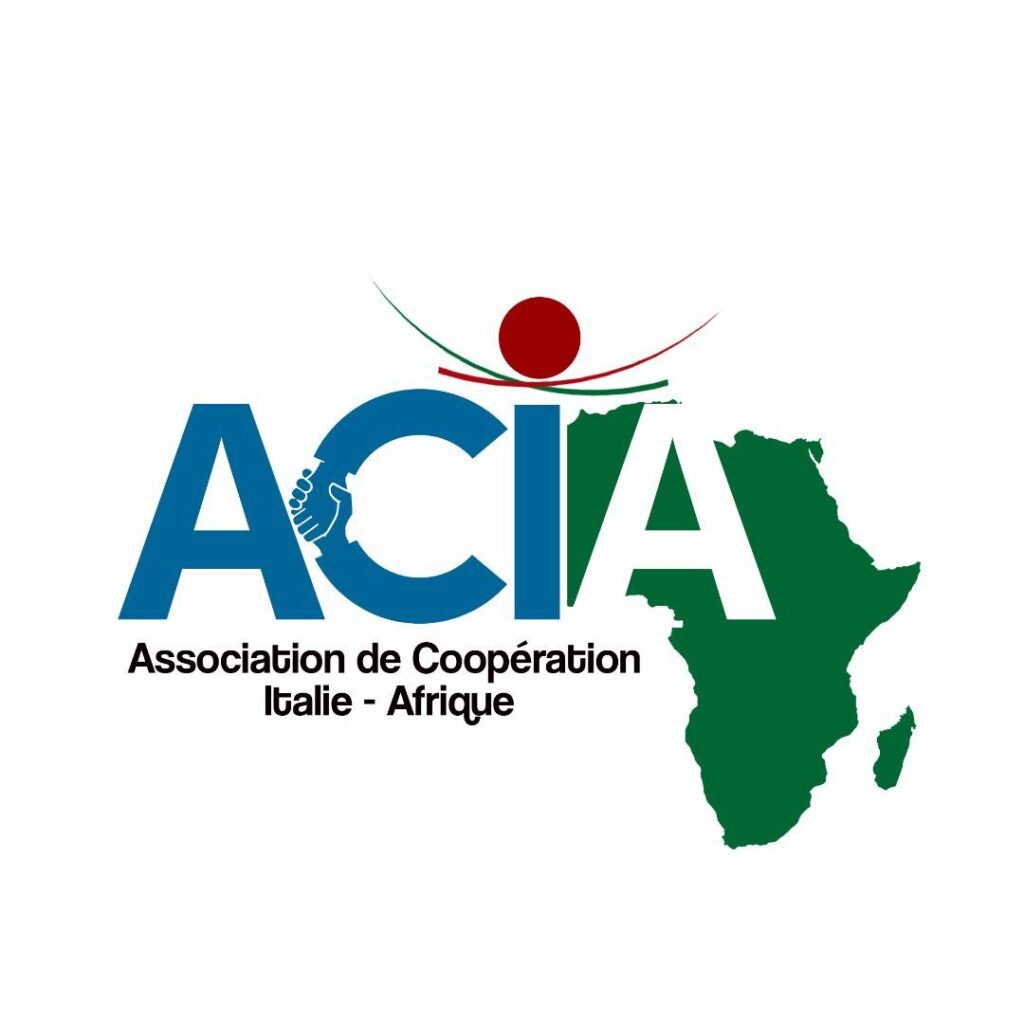Peter was born in the capital of Italy, Rome, in 1852 by Count Ascanio Savorgnan of Brazzàa member of one of Friuli's oldest noble families and a Venetian aristocrat with excellent contacts throughout the world, including Napoleon's France, and his wife Jacinta Simonetti who belonged to one of the oldest Roman families.
As a child, Peter was fascinated by his father's travels... It is said that when he was only eight years old, he was struck by the sight of a white spot in the map of Africa, which was in the library at home, and was thunderstruck by the idea of discovering Africa and all its wonders.

As a naturalised Frenchman in his twenties, he managed to embark on the frigate Venus, which was patrolling the west coast of Africa to combat the slave trade, taking advantage of the circumstance to penetrate along the Ogooué and Gabon-Bemboue rivers, the sources of which were still unknown.
Pietro Savorgnan di Brazzà has gone down in history as a singular character of the colonial age. Already known for being far from Stanley and other white explorers of the time for his non-violent methods and his revulsion towards colonial exploitation, he became a protagonist of a difficult period for French imperialism to the point of proving to be an uncomfortable figure for his government's colonial policy, he was the only European explorer in colonial history to conquer an empire without bloodshed, with trust and peace. Returning to France from a new trip to Africadied in Dakar in 1905.
Brazzaville (City of Brazzà)
Brazzaville, contrary to many other cities founded by colonialists who got their way with iron and fire, is the only capital on the African continent to retain the name of its founder Pietro Savorgnana di Brazzà.
In 1880, thanks to an agreement reached with the chief of a local tribe, King Makoko, laid the foundations for the of the city that was later called Brazzaville, now the capital of the Republic of Congo.
The friendship between Brazzà and Makoko offered the Congo the only bright moment in the tragic obscurantism of its colonial history. Many Congolese speak of Brazzà as their 'white ancestor', and are very proud of the encounter between these two illustrious figures.
In the city of Brazzaville itself, the university was dedicated to him.the main street and a high school. On 6 December 2005, the foundation stone of the mausoleum destined to house his remains was laid in Congo's capital. On 3 October 2006, France and Congo paid solemn tribute to the explorer, in a ceremony attended by kings, tribes and heads of state, and during which the remains of Pietro Savorgnan di Brazzà, transferred from Algiers, were laid to rest in a sumptuous mausoleum, the Memorial of Brazzaville, the centre of culture and memory in the Republic of Congo.
On 6 October 2014, Corrado Pirzio Biroli, son of Detalmo Pirzio Biroli, descendant of Pietro Savorgnan di Brazzà, is received by Chief of State Denis Sassou Nguesso in Brazzaville to sign the cultural twinning with the Pietro di Brazzà Savorgnan Historical Museum, aimed at keeping alive the cultural exchange between Congo and Friuli.
Commemorative Stamps of Pietro Savorgnan di Brazzà



Business Consultant | New Global Business and Internationalisation Expert
Specialised in accompanying companies to global markets, I combine academic and operational skills to develop effective and sustainable internationalisation strategies. With a focus on innovative business models, transnational contracting and corporate social responsibility, I help companies navigate the complexities of emerging markets and informal economies.
Academic Profile
Master's Degree in Economics and International Finance with experience in Swiss and global contexts, is adjunct professor at the Catholic University of the Sacred Heart (Brescia) from 2021. He teaches:
-
International Contractslegal frameworks for operating in complex markets.
-
Informal economy in developing countriesCritical analysis of socio-economic dynamics and market opportunities.
-
Management of local and global enterprisesOperating models for 'Born Global' companies and integration of digital technologies.
Practical approach
I work with SMEs and multinationals for:
✔ Reducing cultural and logistical barriers through digital tools (OMS, ERP, 3D platforms).
✔ Implementing multiplication strategies for expansion into priority markets, with case studies in the US, UAE and Asia.
✔ Integrating social responsibility in business plans, with a focus on ethical supply chains.
Objective of the blog
Sharing insights on new global business models, practical cases of internationalisation and technological trends that are revolutionising cross-border trade.
'Success in the global economy requires not only technical expertise, but a systemic vision that combines digital innovation, cultural adaptation and sustainability'.
For collaboration or consultancy: Link






